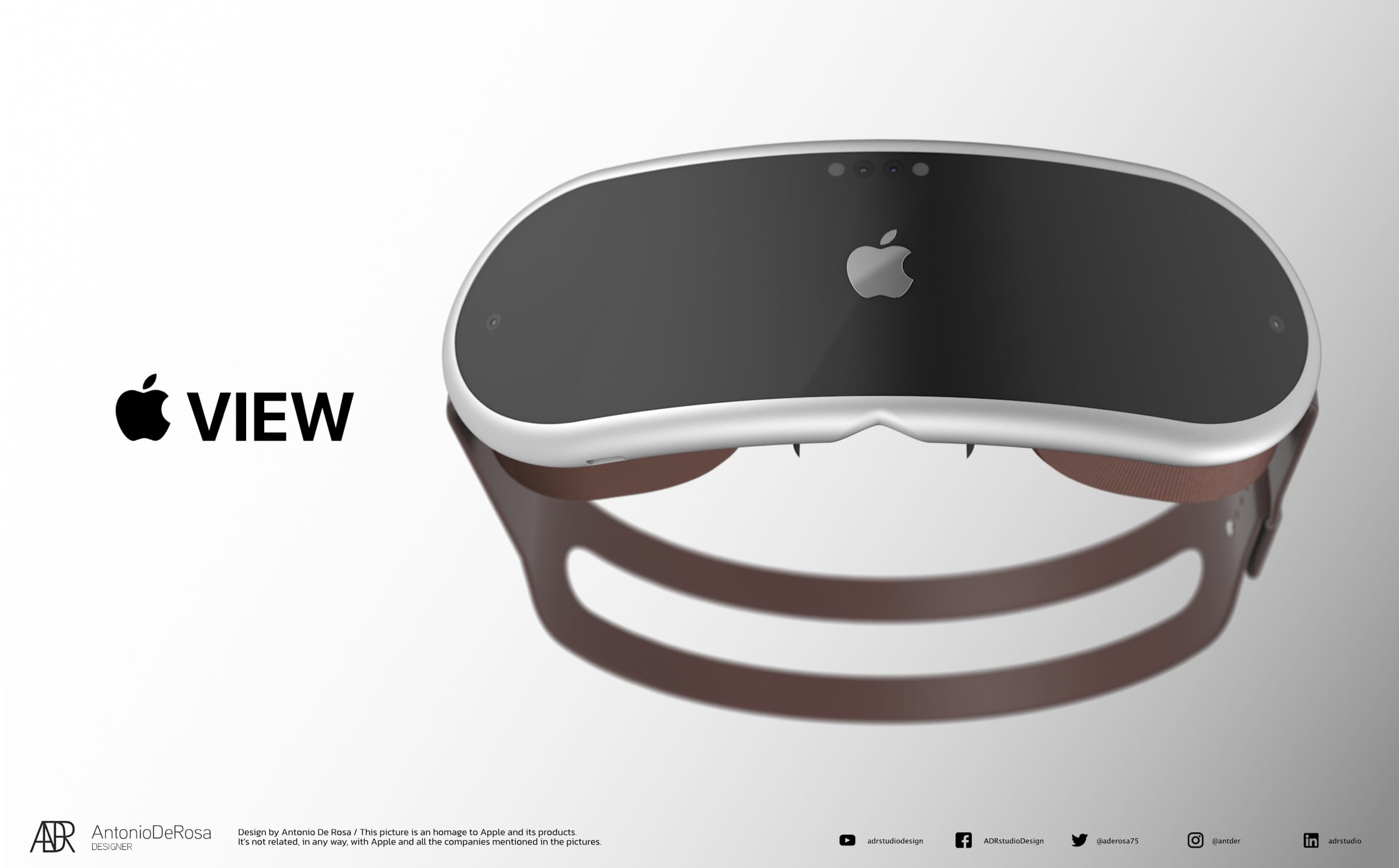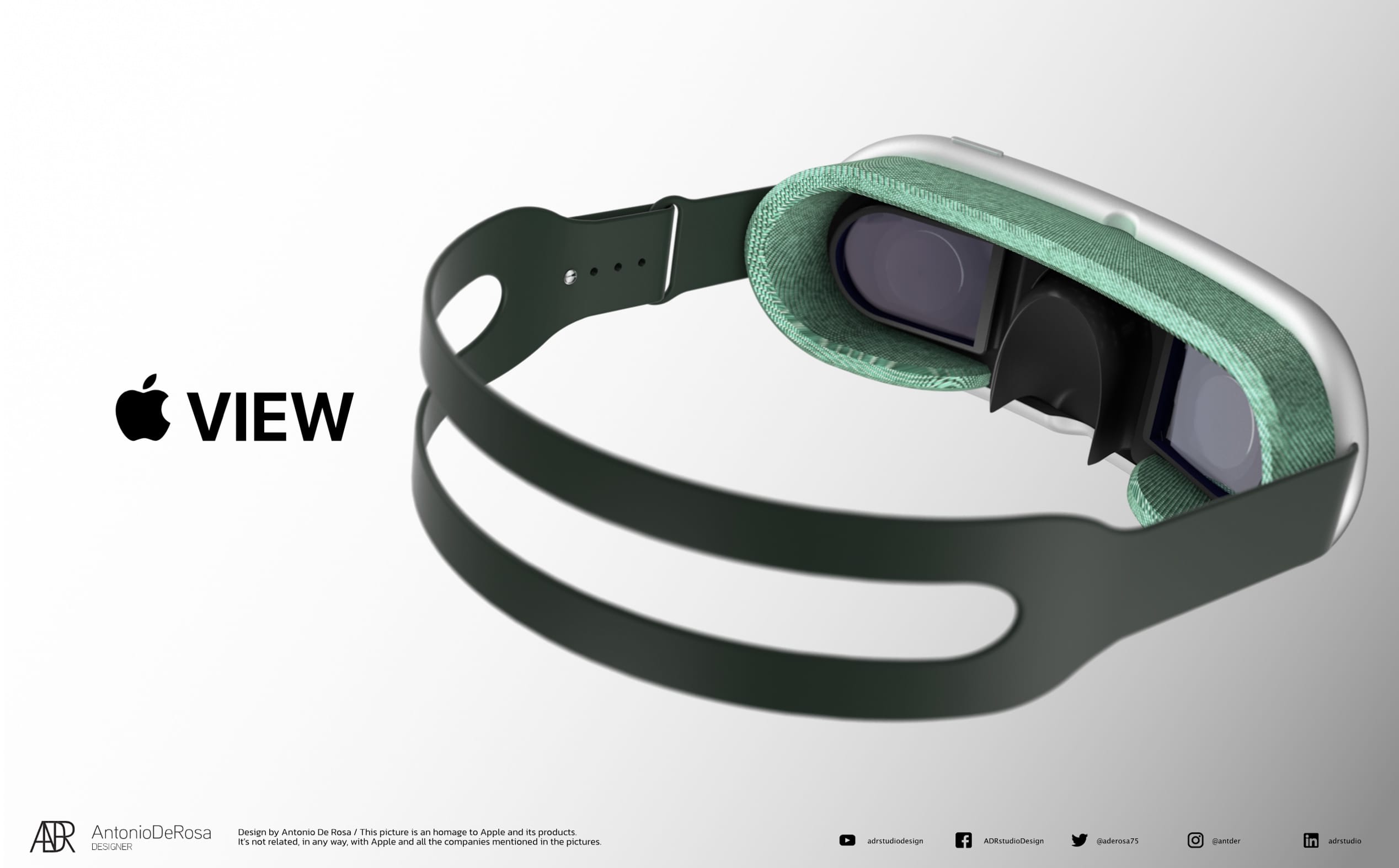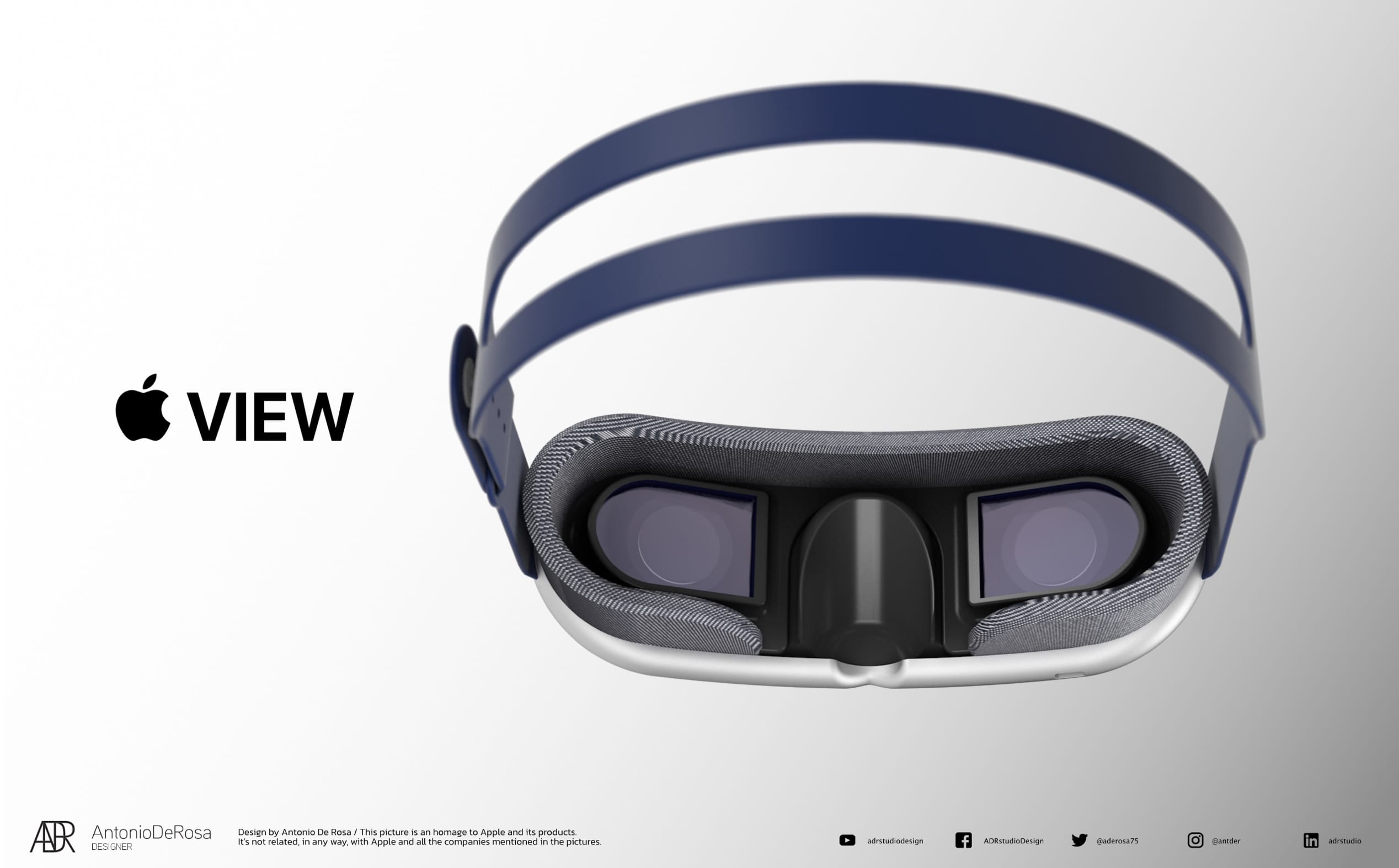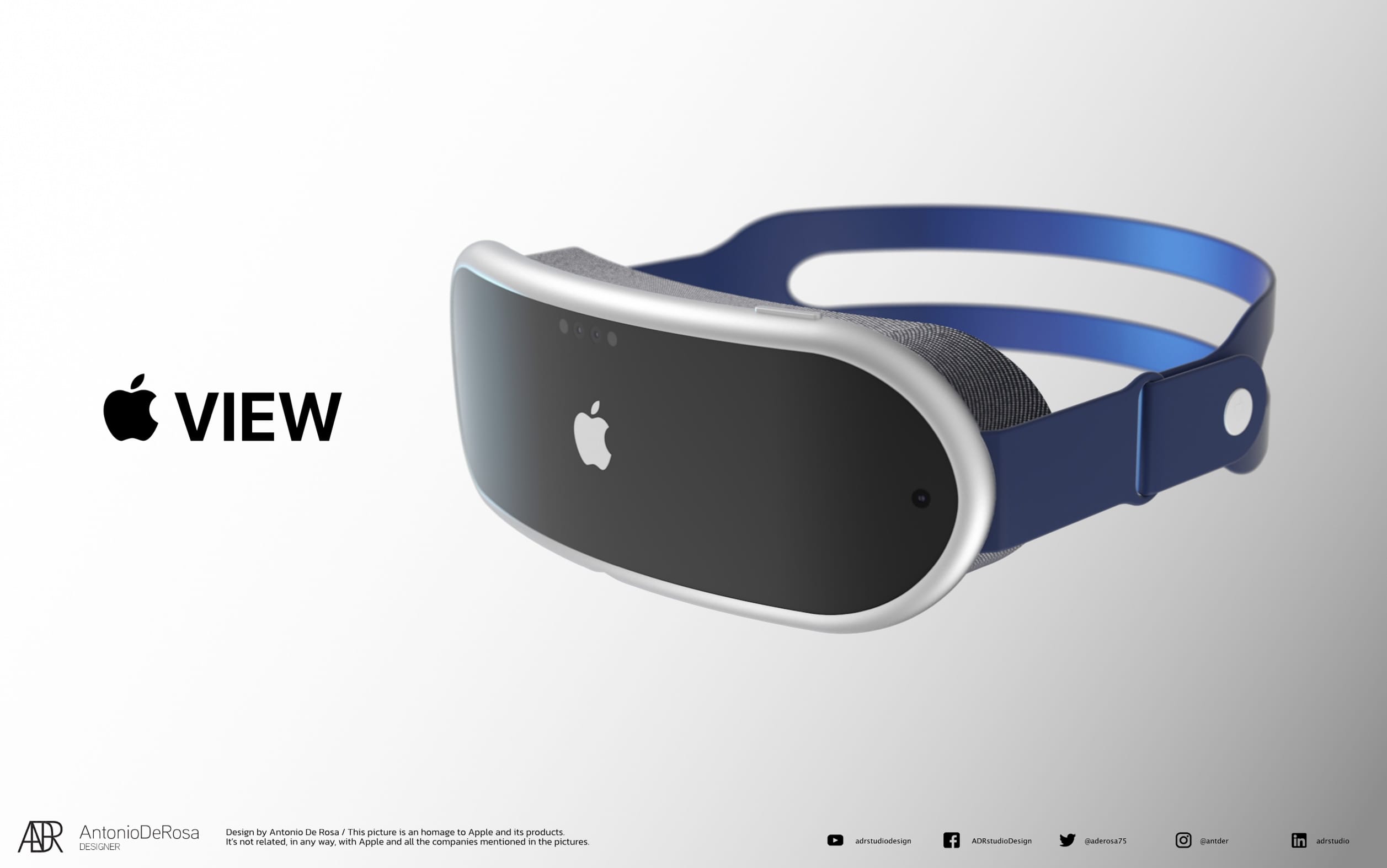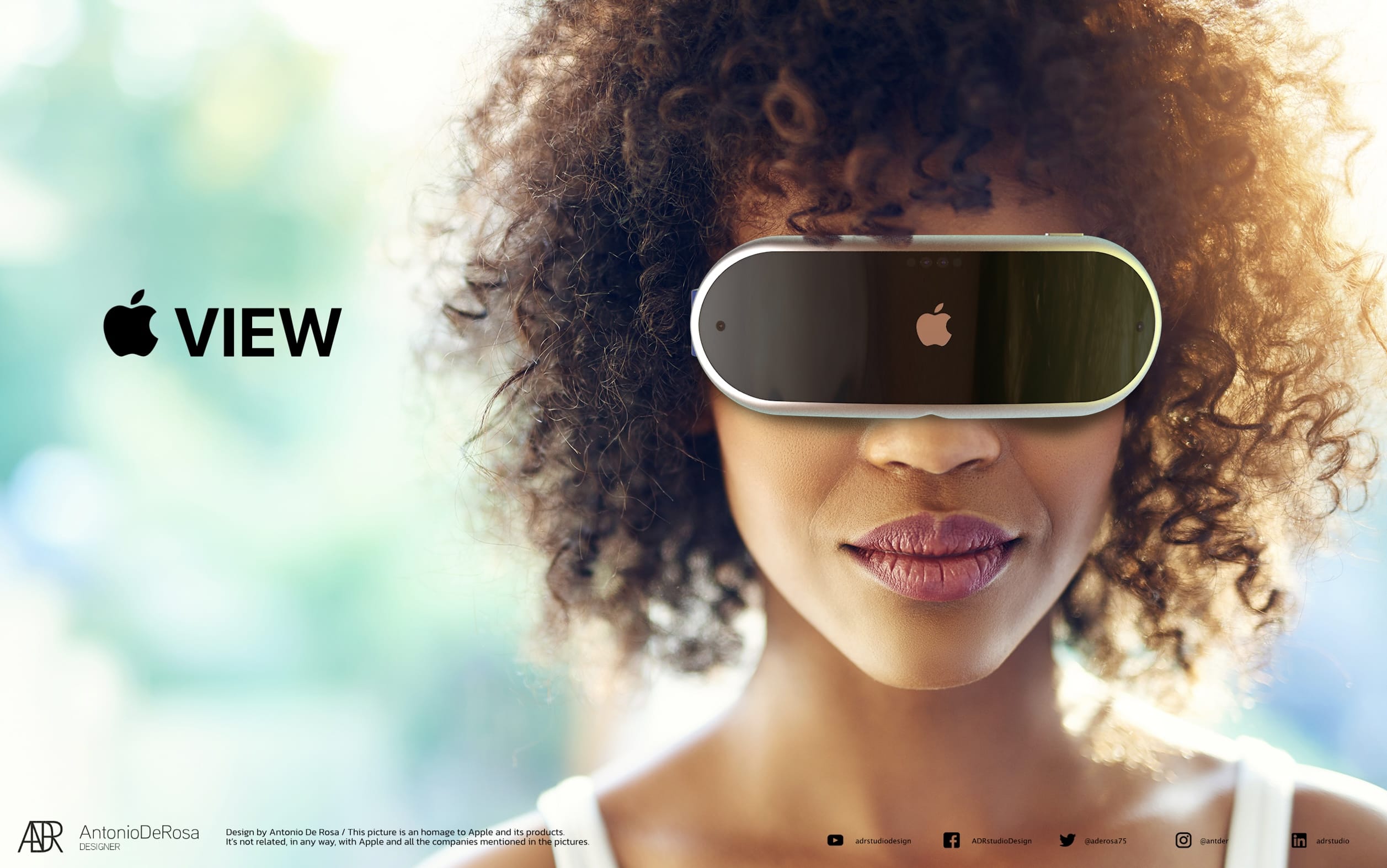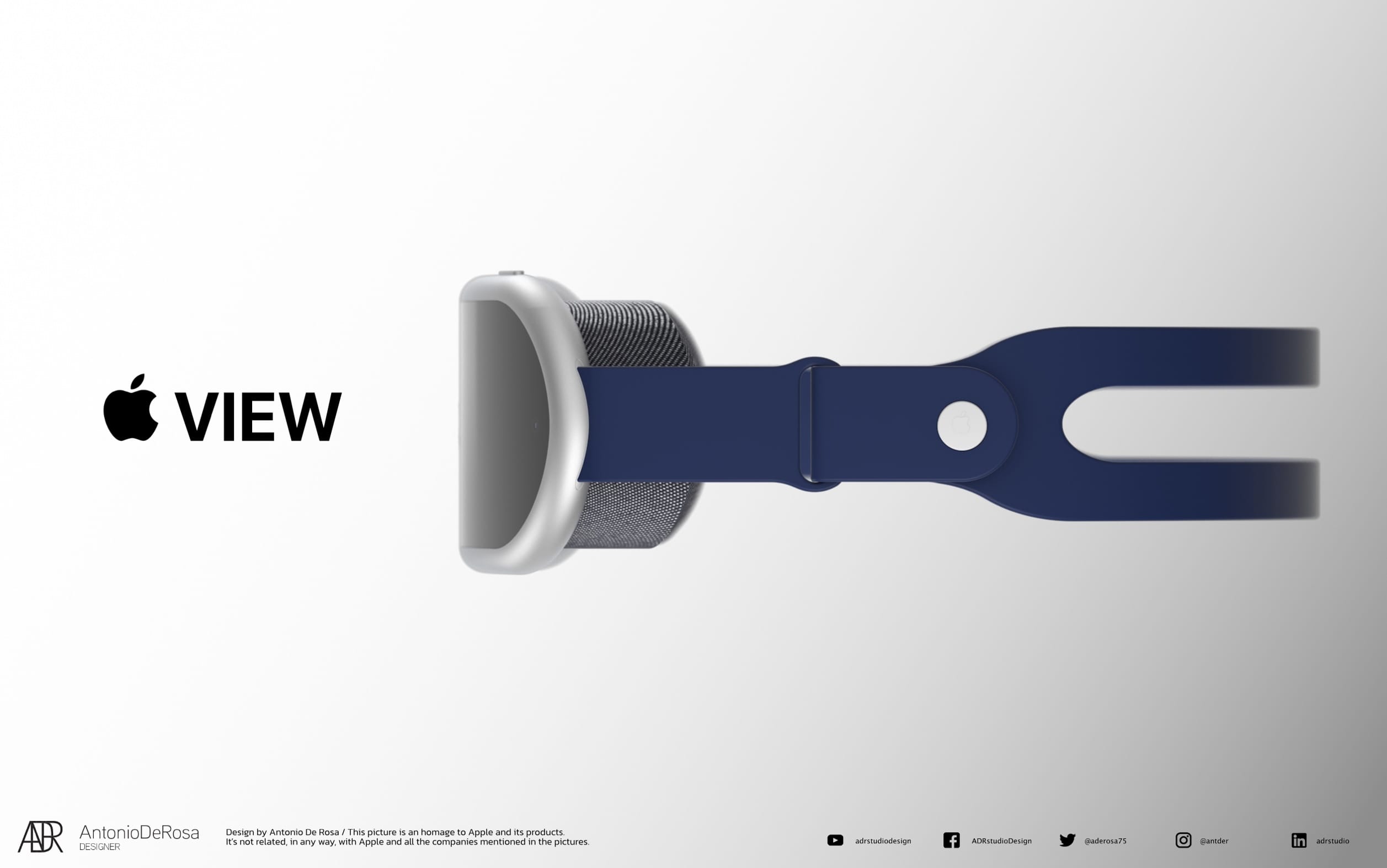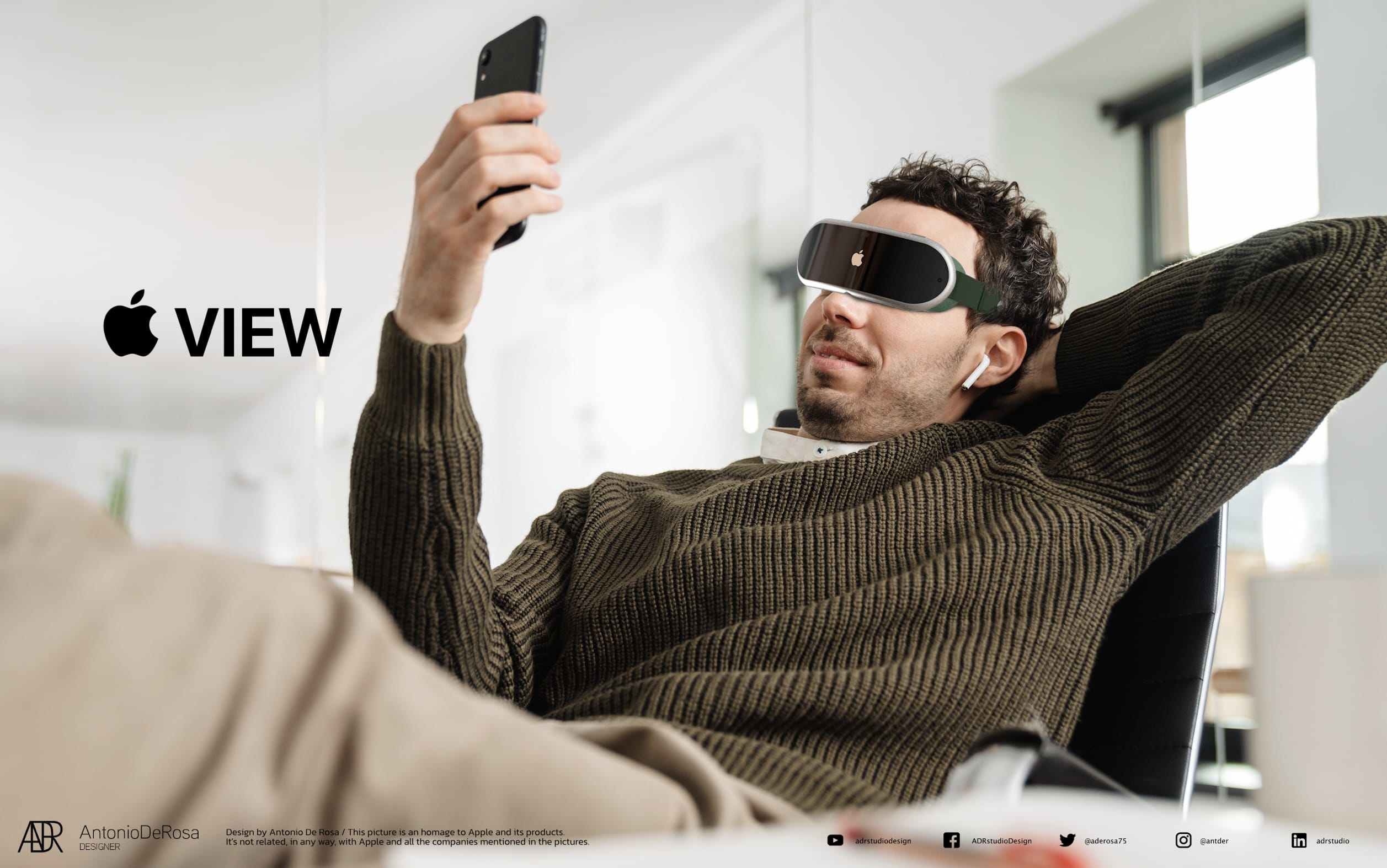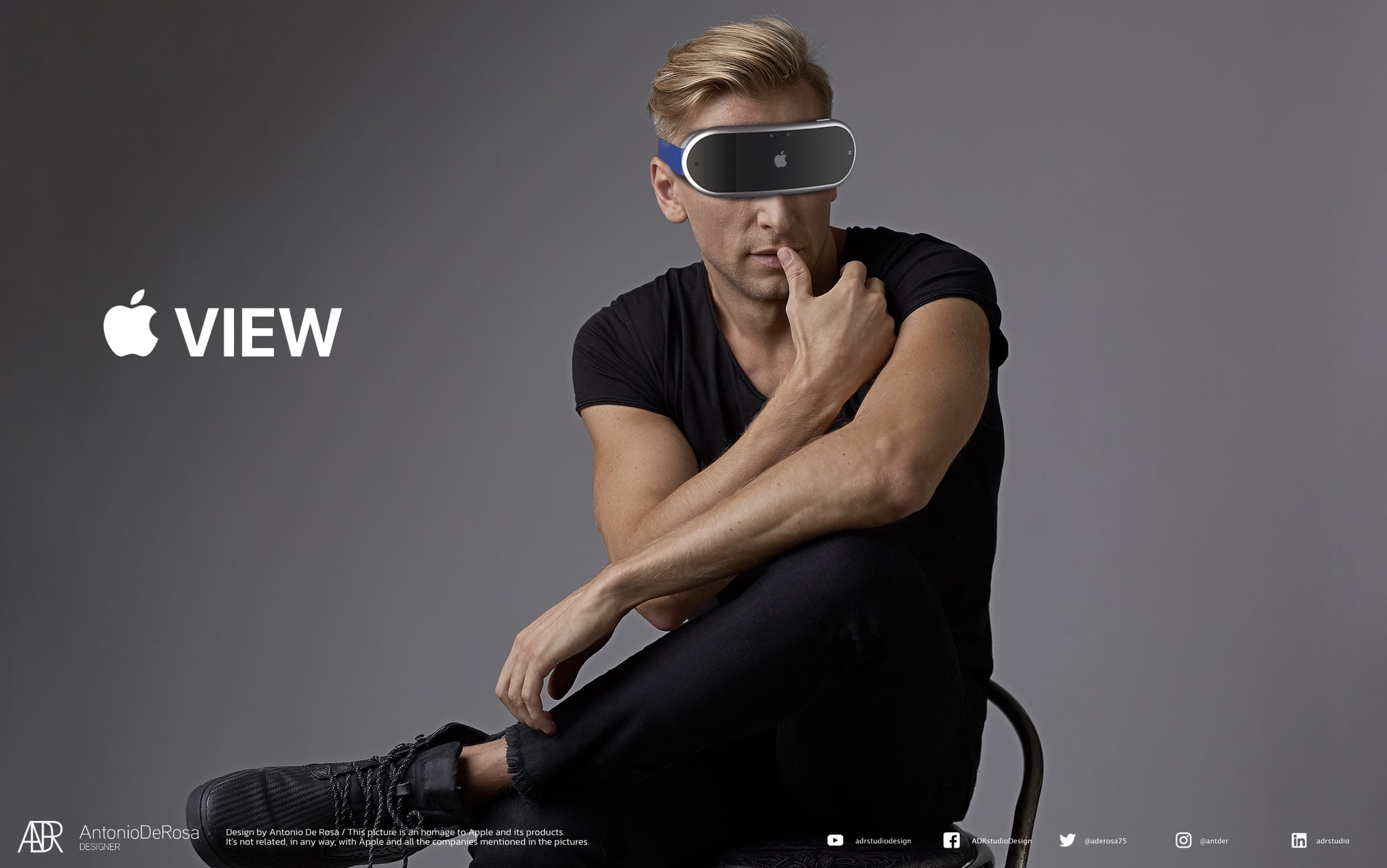More pronounced differences between individual models of the next-generation iPhone and the fancy displays of Apple's VR/AR devices. These are the topics we will cover in today's roundup of speculation for the past week.
It could be interest you
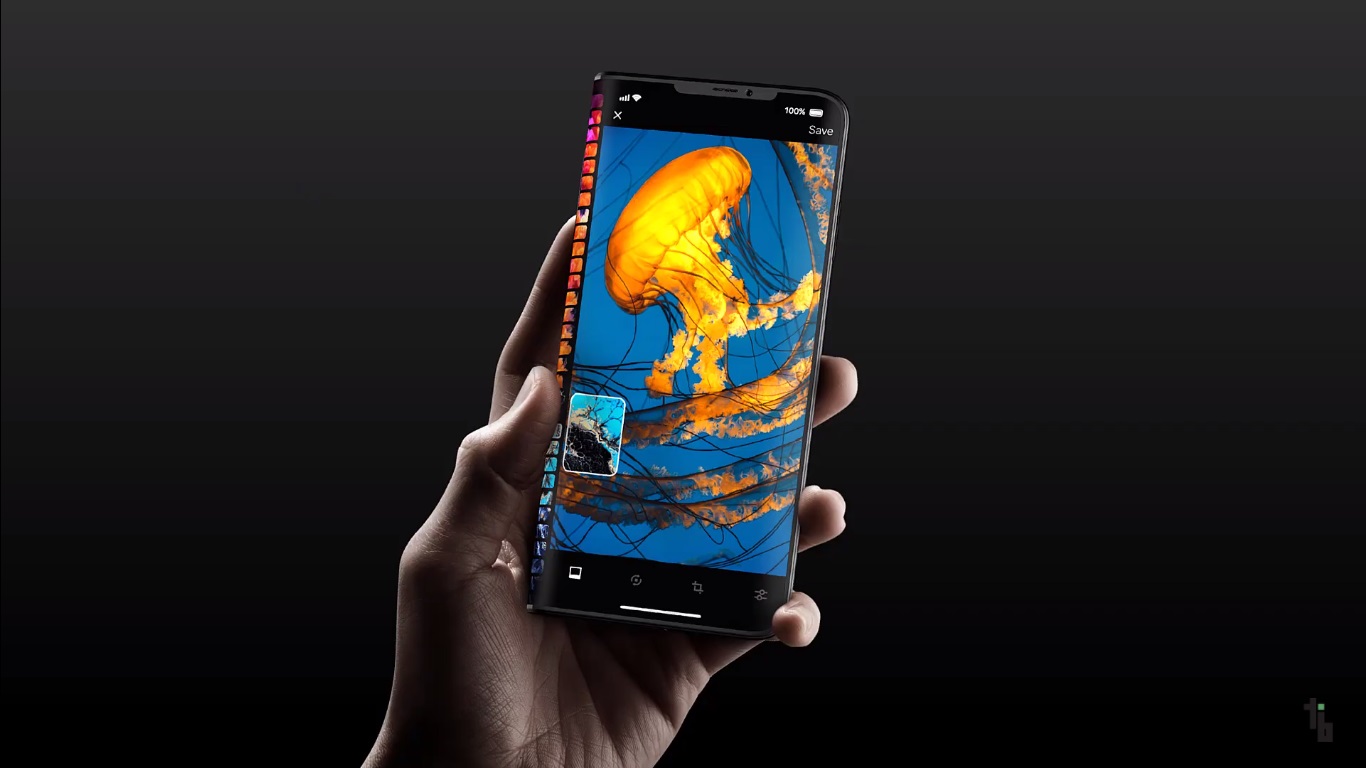
Sharper resolution of future iPhone models
Analyst Ming-Chi Kuo commented on future iPhone models last week. According to Kuo, Apple should introduce even more significant differences in the individual versions of the next models of its smartphones, with the aim of generating even more profit. Thanks to their specific functions and features, the individual variants should acquire a more precisely defined target group of consumers. According to Kuo, more significant differentiation of functions should already occur with the arrival of the next generation of iPhones.
It could be interest you
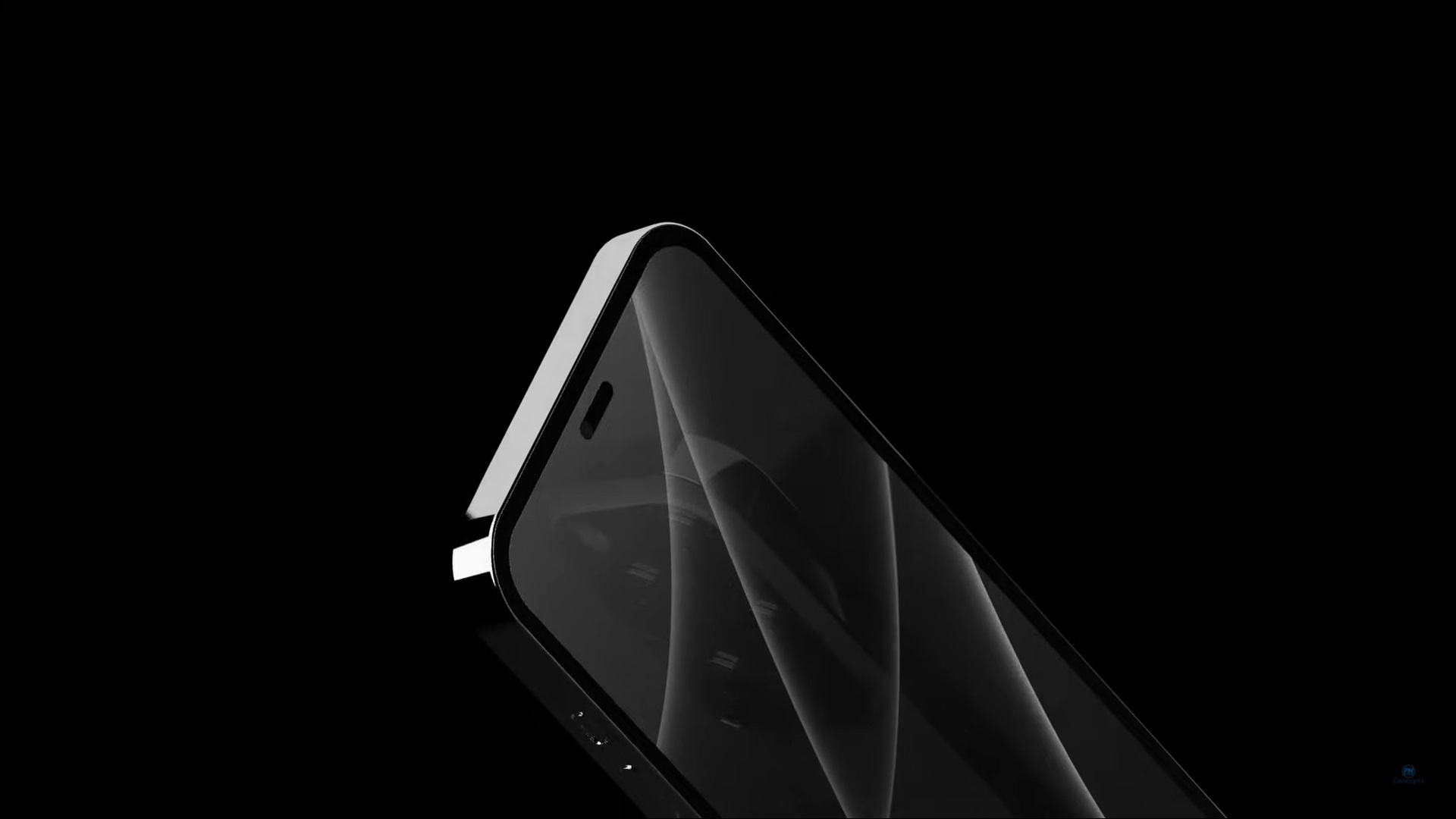
At the moment, the iPhone 14 and iPhone 14 Plus differ from each other primarily in terms of display size and battery life, as is the case with the iPhone 14 Pro and iPhone 14 Pro Max. But Kuo states that with the next generation there could be more significant differences. For example, the iPhone 14 Pro Max could be the only model that offers a periscopic telephoto lens.
Super-quality display of VR/AR devices from Apple
After a short pause, we include another report in the summary of speculations, regarding the future VR/AR device from the workshop of the Cupertino company. According to a report published on The Elec server, the future Apple VR/AR headset could receive a display with really high sharpness and quality. Apple has reportedly made demands on Samsung Display and LG Display to produce displays with a resolution of 3500 ppi, and it is these displays that the company plans to use in its headsets.
However, it is not assumed that these displays would be equipped with the first generation of VR/AR headsets from Apple, which, according to some theories, is to be presented at the beginning of next year. However, according to some reports, the development of the next generation is already underway, which should already offer these displays. The displays should use a technology called OLEDos, designed specifically for this type of product, using silicon instead of traditional glass.
 Flying around the world with Apple
Flying around the world with Apple 